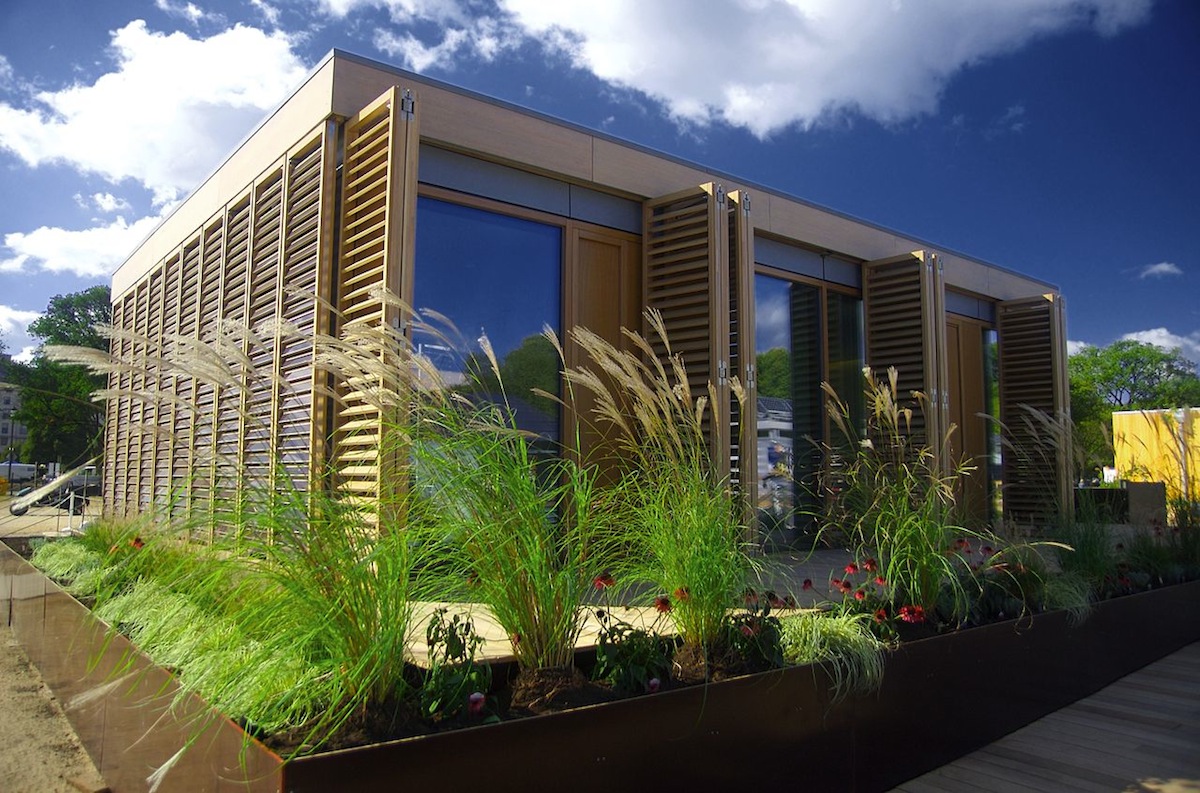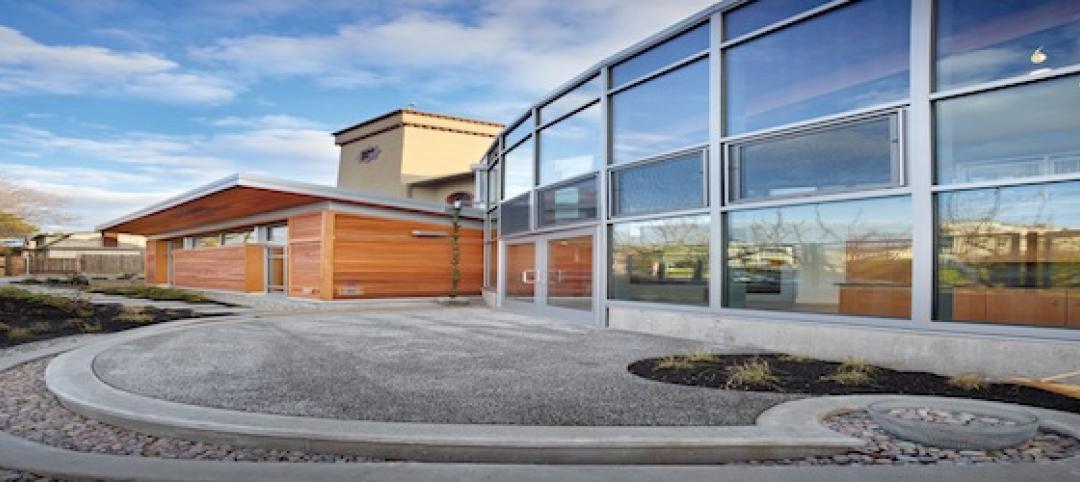The International Code Council (ICC) and ASHRAE have come to the final agreement that outlines each organization’s role in the development and maintenance of the new version of the International Green Construction Code (IgCC).
Sponsored by the American Institute of Architects (AIA), ASHRAE, ICC, the Illuminating Engineering Society (IES), and the U.S. Green Building Council (USGBC), “IgCC Powered by 189.1” will provide the design and construction industry with “the single, most-effective way to deliver sustainable, resilient, high-performance buildings,” the groups say.
The code is scheduled to be released in 2018. The ICC will be responsible for Chapter 1, Scope and Administration. ICC will coordinate the technical provisions developed by ASHRAE with the provisions in Chapter 1 of the 2015 IgCC. As a result, the 2016 Group B Cycle will not include Chapter 1 of the IgCC for code changes.
With ASHRAE developing technical provisions, ICC’s 2017 Group C cycle to develop the 2018 IgCC has been cancelled. Part of the development process for the 2018 technical provisions will include the SSPC review of the 2015 IgCC and consideration of content for inclusion in 189.1-2017, along with changes generated by the committee and proposals submitted by stakeholders. Following the completion of the 2018 IgCC, Chapter 1 of the IgCC will be developed by ICC using its consensus code development process.
“Our goal in this partnership all along has been to share resources to increase use of the IgCC and make it simpler for code officials, designers and contractors to build environmentally efficient structures that will lessen energy and water consumption and reduce the carbon footprint,” said ICC Board President Guy Tomberlin, CBO. “We are now situated to do just that.”
Related Stories
| Sep 15, 2011
New Label Established For Energy Efficient Doors in UK
The British Fenestration Ratings Council (BFRC) has established a labelling program for all types of domestic pedestrian doors.
| Sep 15, 2011
EPA Releases New High-Rise Residential Energy Star Rating
The U.S. Environmental Protection Agency recently announced an Energy Star rating for multi-family high-rise buildings.
| Sep 15, 2011
Bill Seeks To Spur Stronger Building Codes Nationwide
The Safe Building Code Incentive Act of 2011 would provide strong financial incentives for states to adopt and enforce strong building codes.
| Sep 15, 2011
New Federal Law Limits Amount of Formaldehyde in Wood
President Obama signed into law legislation that limits the amount of formaldehyde in wood. The new measure will impact particle board and other composite wood products .
| Sep 12, 2011
Living Buildings: Are AEC Firms up to the Challenge?
Modular Architecture > You’ve done a LEED Gold or two, maybe even a LEED Platinum. But are you and your firm ready to take on the Living Building Challenge? Think twice before you say yes.
| Sep 8, 2011
OSHA issues alert on incorrectly rebuilt circuit breakers
The Occupational Safety and Health Administration (OSHA) has issued a hazard alert, warning workers and employers of certain Eaton/Cutler-Hammer molded-case circuit breakers that were incorrectly rebuilt.
| Sep 8, 2011
USGBC Streamlines LEED EB: O&M
The Council has reorganized the prerequisite and credit structure of LEED EB: O&M.
| Sep 8, 2011
USGBC: 30 Legislative ‘Wins For Green Building’ So Far In 2011
A mid-year report by the U.S. Green Building Council says that there have been “30 legislative wins for green building” across 22 states in 2011.
| Sep 8, 2011
Revised Building Codes Adopted After WTC Attacks Being Implemented
U.S. National Institute of Standards and Technology (NIST) code revision recommendations in the wake of the World Trade Center terrorist attacks are being implemented in new high-rise construction including One World Trade Center, the lead building of the new World Trade Center complex.
| Sep 8, 2011
New Sustainability Standard Addresses Disaster Resistance
To aid local governments to adopt high-performance green building codes, the Portland Cement Association (PCA) and the Institute for Business and Home Safety (IBHS) have developed High Performance Building Requirements for Sustainability 2.0.








